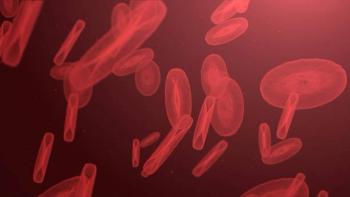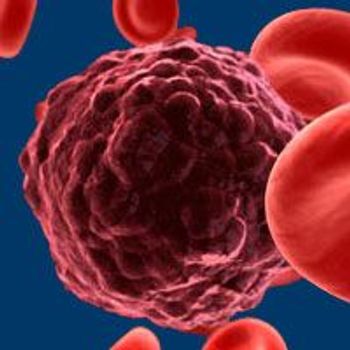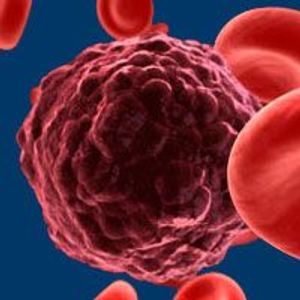
Bispecific T-cell engagers and chimeric antigen receptor T-cell therapies seem destined to move into earlier lines of therapy for multiple myeloma (MM), speakers at the European Hematology Association 2021 Virtual Congress said.

Bispecific T-cell engagers and chimeric antigen receptor T-cell therapies seem destined to move into earlier lines of therapy for multiple myeloma (MM), speakers at the European Hematology Association 2021 Virtual Congress said.

CAR T cells are a highly active field of investigation, with many companies at work on formulations they hope to bring to market, but these agents have limitations, particularly with metastasized solid tumors.

Andre Goy, MD, MS, discusses cutting-edge CAR T-cell therapy and other groundbreaking investigations, as well as his thoughts on general developments in oncology and hematology.

Real-world data on the use of chimeric antigen receptor T-cell therapy in large B-cell lymphoma bear out the pivotal results from ZUMA-1 and demonstrate not only that the treatment approach is here, but also that it’s time to address issues of efficacy, safety, cost, and moving this approach into earlier lines of therapy.

B-cell maturation antigen-specific chimeric antigen receptor T-cell therapy is delivering impressive results in multiple myeloma, demonstrating durable responses and acceptable toxicities.

The use of circulating tumor-cell counts demonstrated strong value for selecting endocrine therapy versus chemotherapy for patients with estrogen receptor–positive, HER2-negative metastatic breast cancer.

An effective lymphodepletion strategy is critical to success with chimeric antigen receptor T-cell therapy, but also the choice of patients and even the cells used for CAR T cell manufacturing should be made with care.

CMS has proposed a different way to handle payment for chimeric antigen receptor T-cell therapy, one that the medical and manufacturing community thinks is unworkable.

CMS's initial payment codes for CAR T-cell therapies are opposed by the medical community on the basis that they would be cumbersome to implement and wouldn't reflect the full amount of care delivered to each patient.

Chimeric antigen receptor T-cell therapy for hematological malignancies took a huge step forward this summer with the FDA approval of Novartis

Novartis’ just-approved chimeric antigen receptor (CAR) T-cell therapy tisagenlecleucel is going to be introduced on the market at a price of $475,000 for a single infusion, an amount that is within the range anticipated by oncologists.

Chimeric antigen receptor (CAR) T-cell therapies could spawn a new and lucrative industry in anticancer immunotherapy, resulting in single-infusion treatments costing hundreds of thousands of dollars, and even attracting medical tourism from abroad, where regulatory permissions are likely to come more slowly than in the United States.

Published: June 13th 2021 | Updated:

Published: August 31st 2017 | Updated:

Published: September 30th 2017 | Updated:

Published: August 17th 2017 | Updated:

Published: January 11th 2020 | Updated:

Published: September 20th 2019 | Updated: